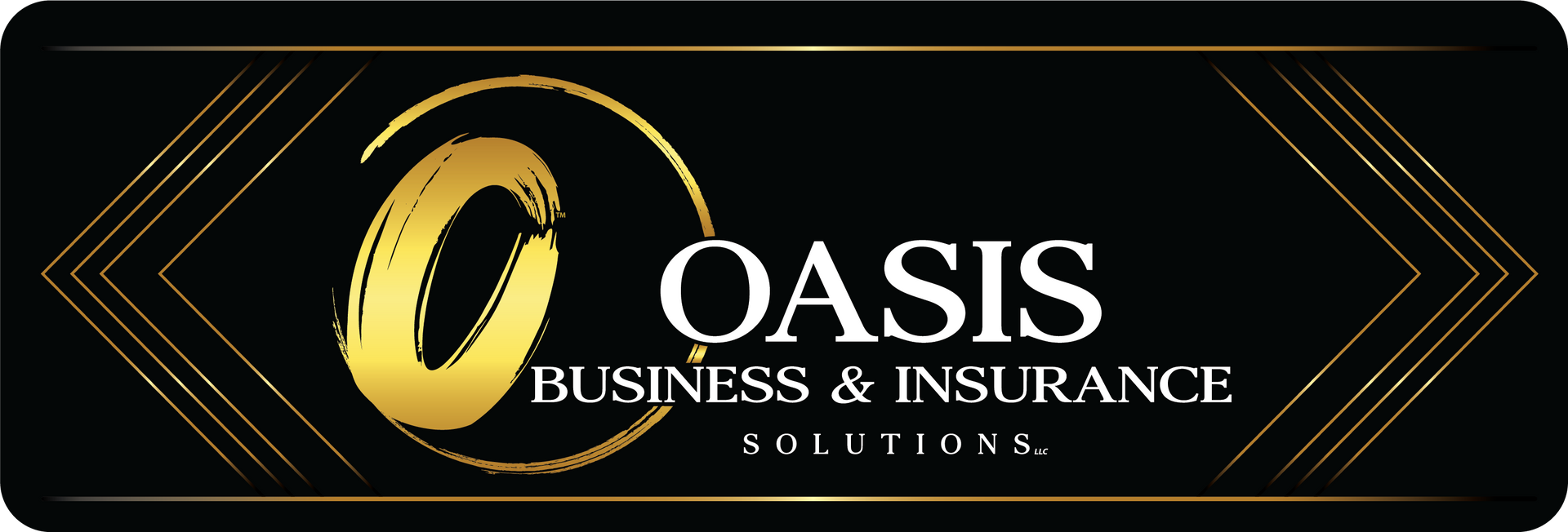
The Strategic Importance of Trademarks and Logos in Corporate Identity
An Educational Perspective on Intellectual Property and Visual Branding
A trademark is a legally recognized sign, design, expression, or combination thereof that serves to identify and distinguish the goods or services of one entity from those of others. Trademarks provide consumers with assurance regarding the source and quality of products or services. Common forms include names, logos, slogans, distinctive packaging, and, in certain jurisdictions, unique color schemes or sounds. The core function of a trademark is to act as a badge of commercial origin.
Trademarks are governed by intellectual property law, which varies internationally but typically provides for both registration and protection of marks. Registration with relevant authorities, such as the United States Patent and Trademark Office (USPTO), confers exclusive rights to the mark within defined classes of goods and services and facilitates enforcement. Unregistered trademarks may still receive limited legal protection under common law, especially within their established markets.
Types of Trademarks
Word Marks: Marks that consist of words, letters, or numbers (e.g., "Coca-Cola" for beverages).
Design Marks: Graphical elements or stylized representations, such as the Nike "Swoosh."
Composite Marks: Combinations of text and visual design, exemplified by the Starbucks logo with its distinct typography.
Service Marks: Marks that distinguish services rather than goods (e.g., "FedEx" for logistics solutions).
Non-Traditional Marks: May include unique colors (Tiffany blue), sounds (the MGM lion’s roar), or, in some cases, scents and movements.
Trademarks as Value Drivers in Modern Enterprises
Trademarks are not merely legal constructs; they are critical intangible assets that contribute significantly to a company’s strategic position and long-term value creation.
Brand Recognition and Customer Retention
Distinctive trademarks enable efficient market recognition and foster an emotional connection with consumers. Over time, positive associations between the trademark and the user experience reinforce customer loyalty and encourage repeat engagement.
Competitive Differentiation and Market Positioning
Trademarks allow firms to clearly communicate their unique value proposition and differentiate themselves in saturated markets. This differentiation minimizes customer confusion and supports the growth of a distinct and recognizable brand identity.
Legal Protection and Risk Management
Registered trademarks grant exclusive usage rights and the ability to pursue legal remedies against infringement. This legal framework protects the brand from dilution and unauthorized use, thereby safeguarding the company’s reputation and investments in brand development.
Asset Value and Monetization Opportunities
Trademarks are recognized as valuable business assets on the balance sheet. Well-established marks may be licensed or franchised, generating additional revenue streams. Their value may appreciate in the context of business expansion, mergers, or acquisitions.
Facilitating International Growth and E-Commerce
As companies expand into global and digital markets, trademark registration in multiple jurisdictions becomes essential. Such protection ensures the maintenance of brand integrity and aids in combating counterfeiting and unauthorized use online.
Signaling Professionalism and Corporate Credibility
The presence of a trademark reflects a company’s commitment to quality and ethical business practices. This professional image is crucial for building trust among consumers, partners, and investors.
The Educational Value of Logos Across Business Types
A professionally designed logo is a cornerstone of effective visual branding. It encapsulates the organization’s values and mission, providing a cohesive and immediate representation of the corporate identity.
Startups and Early-Stage Ventures
For emerging companies, a logo is essential for establishing credibility, attracting initial clientele, and signaling readiness for market participation.
Established Corporations and Multinationals
Large enterprises depend on logos to maintain uniform branding across diverse markets and product lines. Iconic logos, such as those of Apple and McDonald’s, serve as global symbols of brand consistency and reliability.
Nonprofits, Educational, and Community Organizations
Logos serve to reinforce trust, inspire community support, and unify stakeholders around a common identity and mission.
Professional and Service-Oriented Firms
Businesses in legal, consulting, healthcare, and other service industries utilize logos to project a professional image and distinguish themselves in competitive environments.
Digital and E-Commerce Operations
For businesses operating online, a compelling logo enhances digital presence, supports brand recall, and establishes legitimacy in virtual marketplaces.
Personal Branding for Independent Professionals
Freelancers, consultants, and creatives employ logos as personal marks, aiding in the differentiation and professionalization of their individual offerings.
Product Manufacturers and Retailers
Logos on packaging and products enable quick consumer identification and foster ongoing engagement with the brand.
Why a Logo Is Essential in Professional Contexts
Immediate Recognition: Logos facilitate instant association with the company and its offerings, expediting brand recall and customer engagement.
Professional Image: A refined logo conveys organizational excellence, reliability, and attention to detail.
Competitive Edge: Unique logo design helps clarify market positioning and attract target customers.
Integrated Branding:
Logos ensure consistency across all touchpoints—digital, print, and physical products.
Emotional Resonance:
Effective logos invoke positive perceptions and foster lasting brand loyalty.
Enhanced Marketing Impact: Logos amplify the effectiveness of promotional campaigns and brand messaging.
Legal Safeguards: Registered logos provide legal recourse against imitation and unauthorized usage.
Conclusion
Trademarks and logos are fundamental to managing a company’s intangible assets and market presence. Their thoughtful development, legal protection, and consistent application are essential to building credibility, achieving competitive advantage, and promoting sustainable growth. For students, entrepreneurs, and professionals alike, understanding the role of trademarks and logos is integral to mastering the principles of corporate identity, intellectual property, and strategic brand management.






